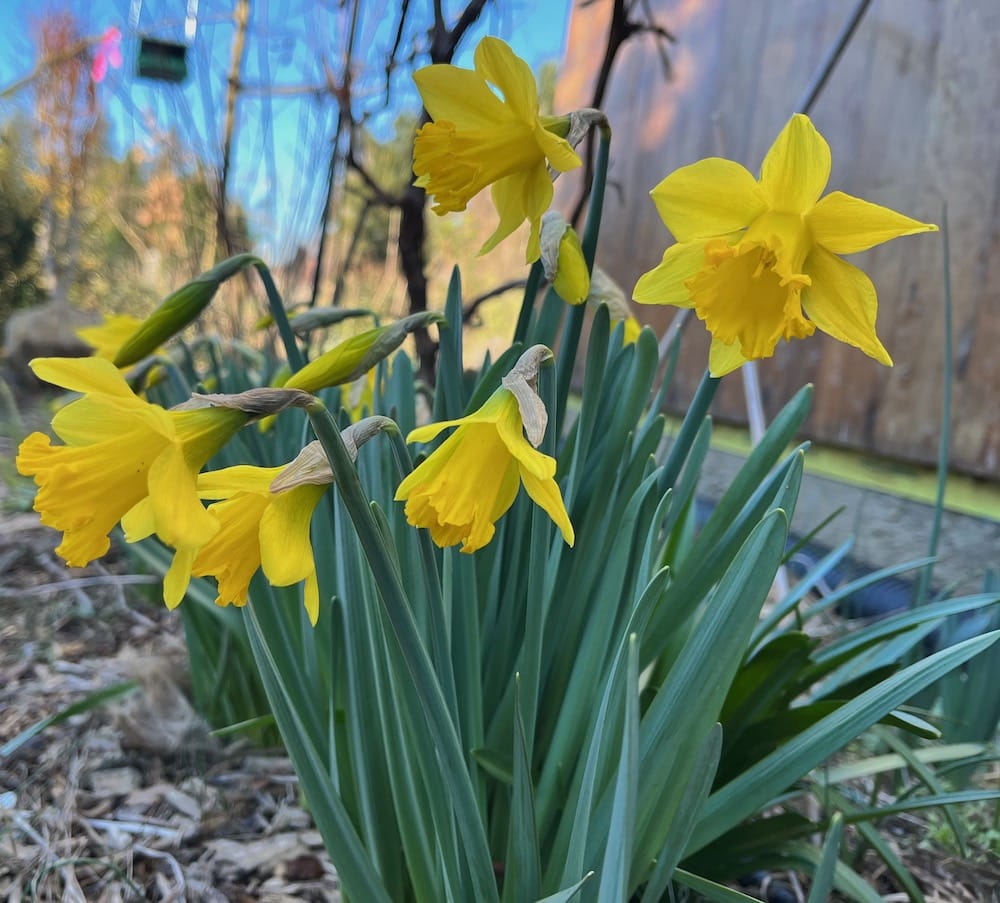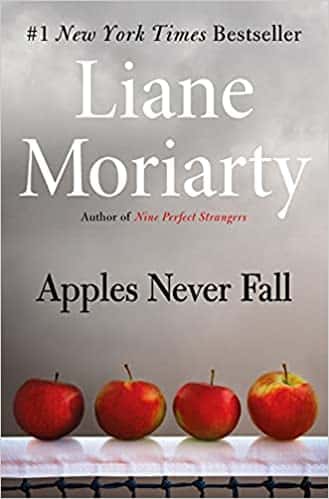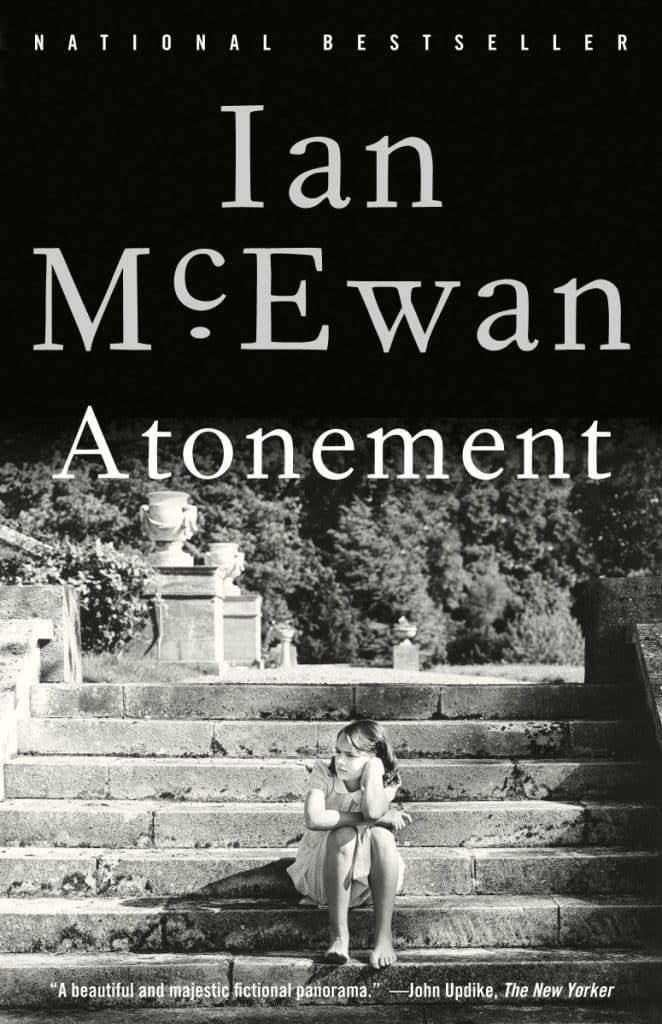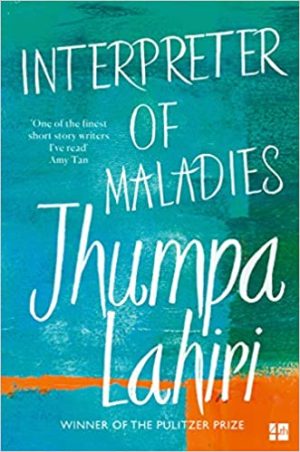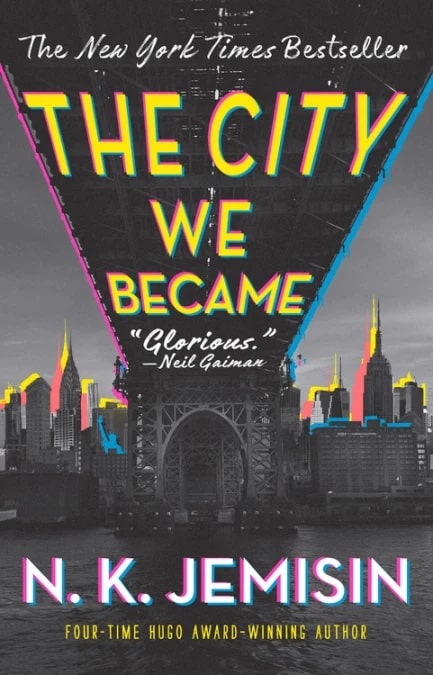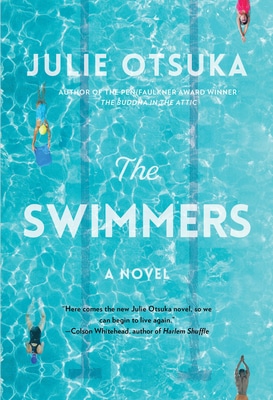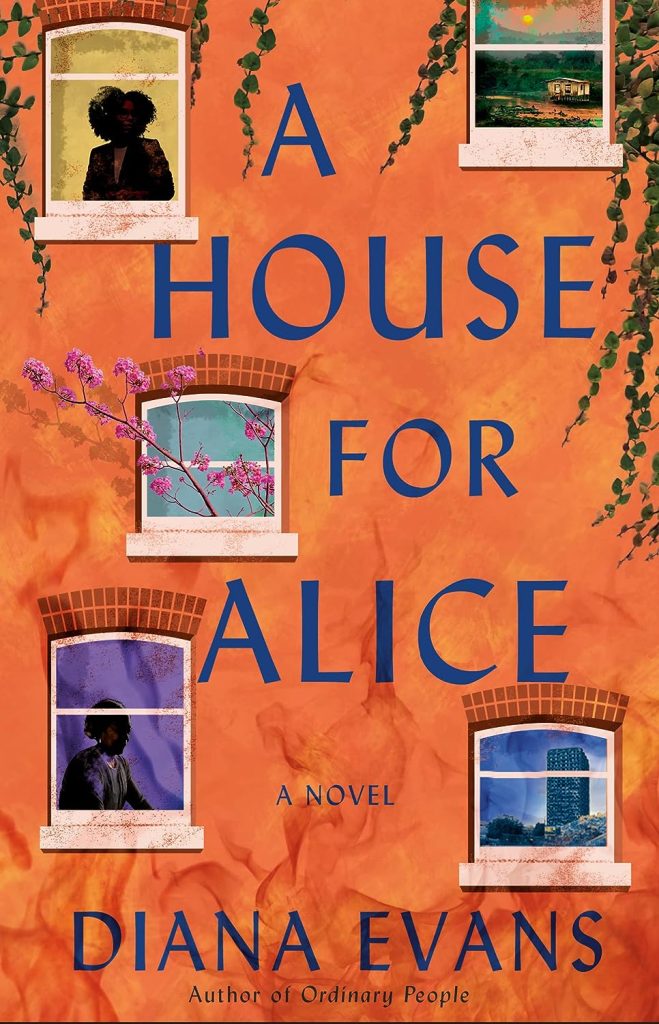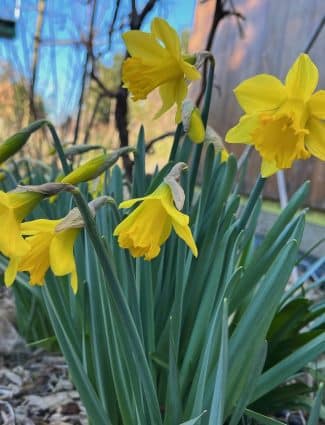
Spring’s First Weeping Willow Tree
Estimated reading time: 0 minutes, 41 seconds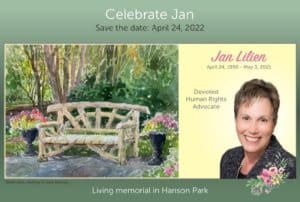 Jan and I always found joy in the first sign of Spring.
Jan and I always found joy in the first sign of Spring.
Those signs could come anytime in an age of weird weather.
In Springfield and Teaneck, we had flower beds where the first daffodils would burst thru almost frozen ground to find the sun’s warmth.
I often found them first but always let Jan be the first to see Spring.
This morning, I saw the first yellowish hint in a weeping willow in Cranford despite freezing temperatures.
Jan’s still with me, so I will let her find this year’s first daffodils and willows.
I receive a commission when you buy a book or product using a link on this page. Thank you for supporting Sharing Jan’s Love blog.


